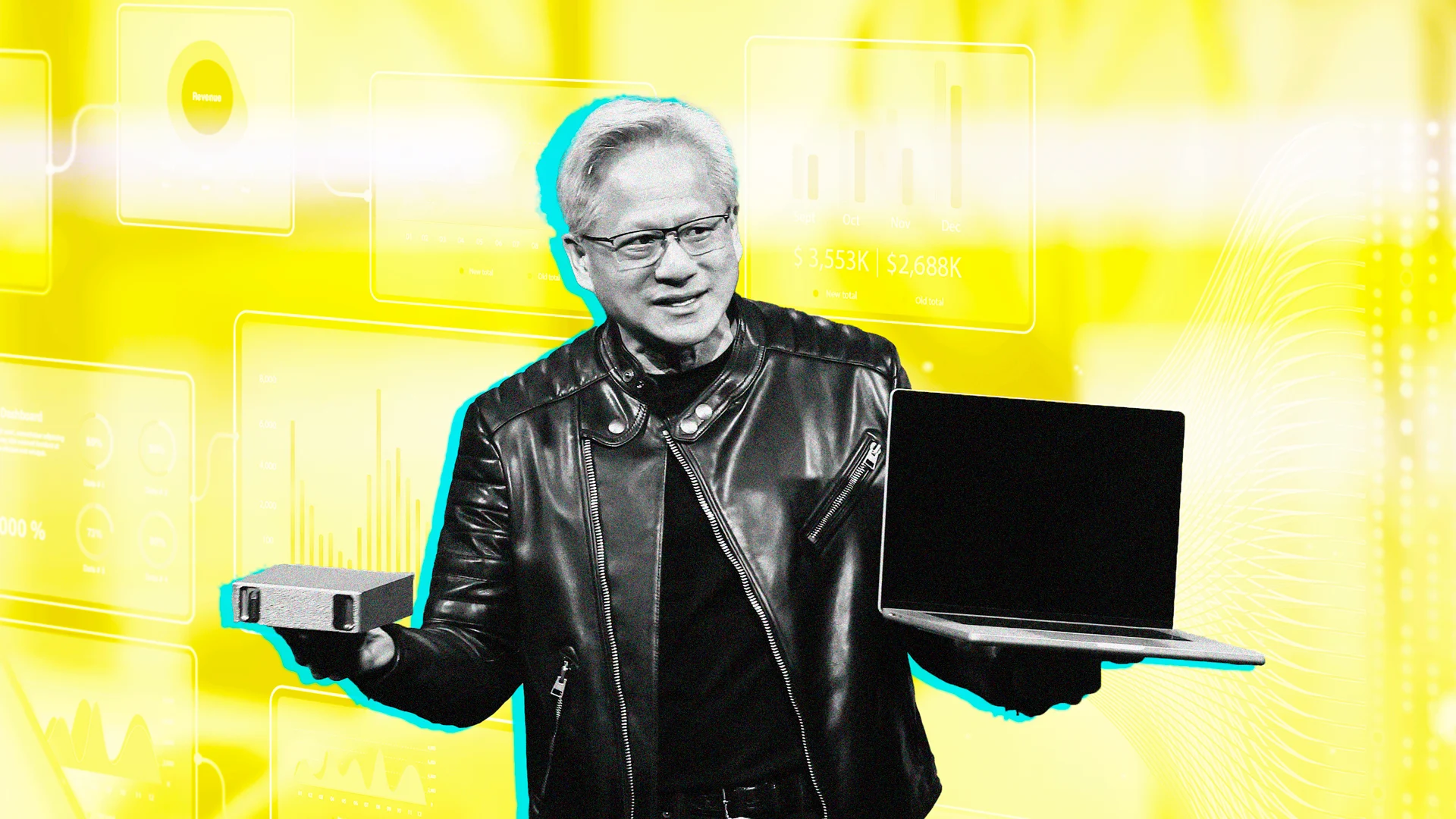Maximizing Online Education: Uncover The Power of Experiential Learning
Educational experts continually seek novel approaches to enhance student learning, and one method that has proven to be immensely beneficial is experiential learning. While this interactive approach has been common in traditional classroom environments, it is becoming increasingly prevalent in online education. Digital tools and platforms have facilitated the integration of experiential learning into online courses. But what exactly is experiential learning, and what advantages does it bring to online education? Experiential learning is a process through which students construct knowledge, skills, and values from direct experiences. It allows learners to apply what they learn theoretically to real-life situations as a part of the educational process. This learning method can take many forms in an online setting, including virtual internships, online group projects, case studies, simulations, and even augmented or virtual reality experiences. In this era where digital content consumption is on the rise, the benefits of integrating experiential learning in online education are numerous: Increased Engagement: When learners are actively involved in their schooling, they tend to be more engaged, improving their learning outcomes. Experiential leaning techniques, such as virtual project works or simulations, can make educational content more interactive and stimulating. Improved Retention: Learning by doing promotes better understanding and retention of information. Experiences leave a more profound memory imprint, making it easier for learners to recall and apply knowledge when they encounter related situations in their professional or personal lives. Enhanced Practical Skills: Experiential learning allows students to practice their theoretical skills in a safe, digital environment. They get a feel for real-world situations and learn to navigate them effectively, enhancing their problem-solving, critical thinking, and decision-making skills. Real-world Connections: Online learners often miss the connection between what they learn and its practical application in the real world. When instruction includes experiential learning, students can see how their new knowledge and skills can be directly applied in their daily lives or future careers. Autonomous Learning: Experiential learning encourages students to take ownership of their learning. This style of learning fosters self-directed learning, encouraging students to be proactive in their education and seek out knowledge autonomously. Increased Collaboration: Many forms of experiential learning require collaboration among peers to complete tasks or solve problems. This cooperation can foster teamwork, leadership, and communication skills. Personalized Learning: Experiential learning can be tailored to the learner's requirements, providing a more personalized, relevant experience. This approach gives students the chance to explore areas of interest in depth and learn at their own pace. As education continues to shift toward more digital formats, it's more important than ever to keep students engaged and invested in their learning. Incorporating experiential learning strategies into online education is proving to be an effective way to ensure learners stay engaged and retain knowledge while also developing the practical skills they will need in the real world. More than ever, integrating experiential learning in online education is key to achieving a comprehensive, effective, and engaging digital learning experience.
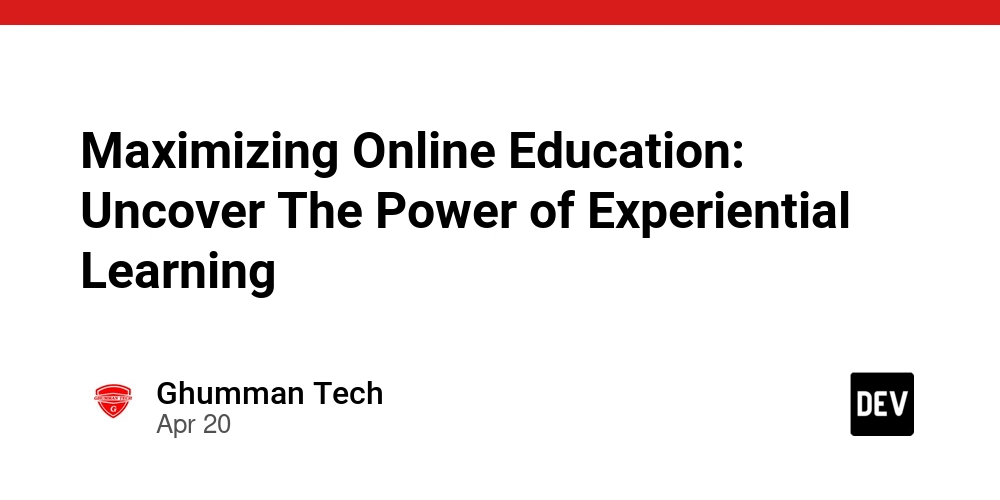
Educational experts continually seek novel approaches to enhance student learning, and one method that has proven to be immensely beneficial is experiential learning. While this interactive approach has been common in traditional classroom environments, it is becoming increasingly prevalent in online education. Digital tools and platforms have facilitated the integration of experiential learning into online courses. But what exactly is experiential learning, and what advantages does it bring to online education?
Experiential learning is a process through which students construct knowledge, skills, and values from direct experiences. It allows learners to apply what they learn theoretically to real-life situations as a part of the educational process. This learning method can take many forms in an online setting, including virtual internships, online group projects, case studies, simulations, and even augmented or virtual reality experiences.
In this era where digital content consumption is on the rise, the benefits of integrating experiential learning in online education are numerous:
Increased Engagement: When learners are actively involved in their schooling, they tend to be more engaged, improving their learning outcomes. Experiential leaning techniques, such as virtual project works or simulations, can make educational content more interactive and stimulating.
Improved Retention: Learning by doing promotes better understanding and retention of information. Experiences leave a more profound memory imprint, making it easier for learners to recall and apply knowledge when they encounter related situations in their professional or personal lives.
Enhanced Practical Skills: Experiential learning allows students to practice their theoretical skills in a safe, digital environment. They get a feel for real-world situations and learn to navigate them effectively, enhancing their problem-solving, critical thinking, and decision-making skills.
Real-world Connections: Online learners often miss the connection between what they learn and its practical application in the real world. When instruction includes experiential learning, students can see how their new knowledge and skills can be directly applied in their daily lives or future careers.
Autonomous Learning: Experiential learning encourages students to take ownership of their learning. This style of learning fosters self-directed learning, encouraging students to be proactive in their education and seek out knowledge autonomously.
Increased Collaboration: Many forms of experiential learning require collaboration among peers to complete tasks or solve problems. This cooperation can foster teamwork, leadership, and communication skills.
Personalized Learning: Experiential learning can be tailored to the learner's requirements, providing a more personalized, relevant experience. This approach gives students the chance to explore areas of interest in depth and learn at their own pace.
As education continues to shift toward more digital formats, it's more important than ever to keep students engaged and invested in their learning. Incorporating experiential learning strategies into online education is proving to be an effective way to ensure learners stay engaged and retain knowledge while also developing the practical skills they will need in the real world. More than ever, integrating experiential learning in online education is key to achieving a comprehensive, effective, and engaging digital learning experience.









































































































































































![[The AI Show Episode 144]: ChatGPT’s New Memory, Shopify CEO’s Leaked “AI First” Memo, Google Cloud Next Releases, o3 and o4-mini Coming Soon & Llama 4’s Rocky Launch](https://www.marketingaiinstitute.com/hubfs/ep%20144%20cover.png)
















































































































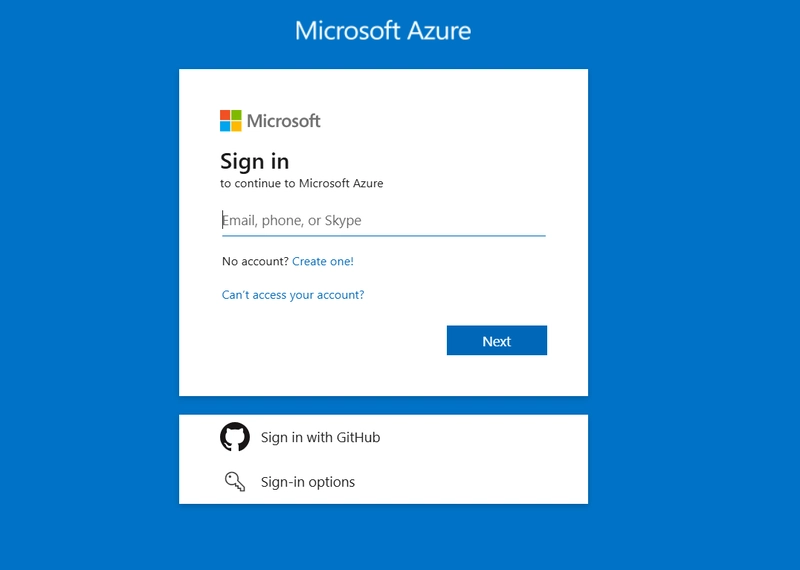










![[DEALS] The All-in-One Microsoft Office Pro 2019 for Windows: Lifetime License + Windows 11 Pro Bundle (89% off) & Other Deals Up To 98% Off](https://www.javacodegeeks.com/wp-content/uploads/2012/12/jcg-logo.jpg)






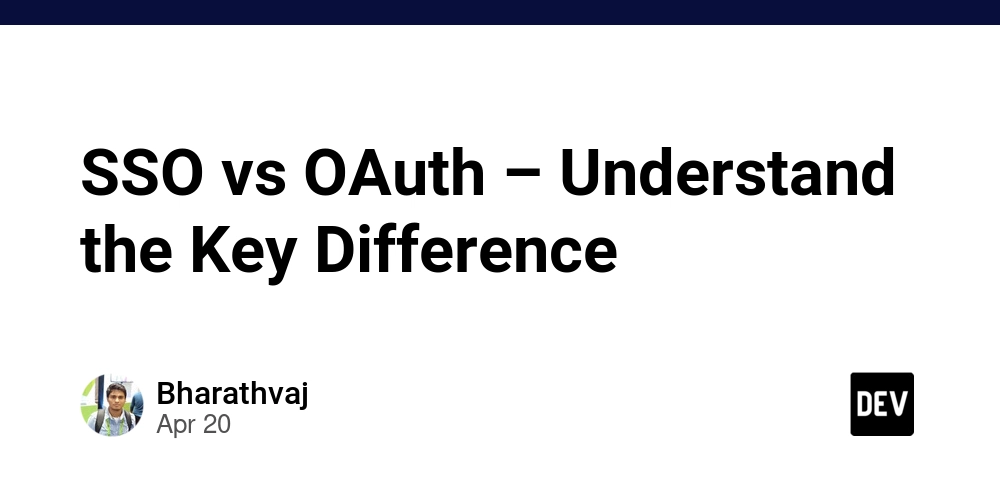





















![Is this too much for a modular monolith system? [closed]](https://i.sstatic.net/pYL1nsfg.png)






















































































































_Andreas_Prott_Alamy.jpg?width=1280&auto=webp&quality=80&disable=upscale#)








































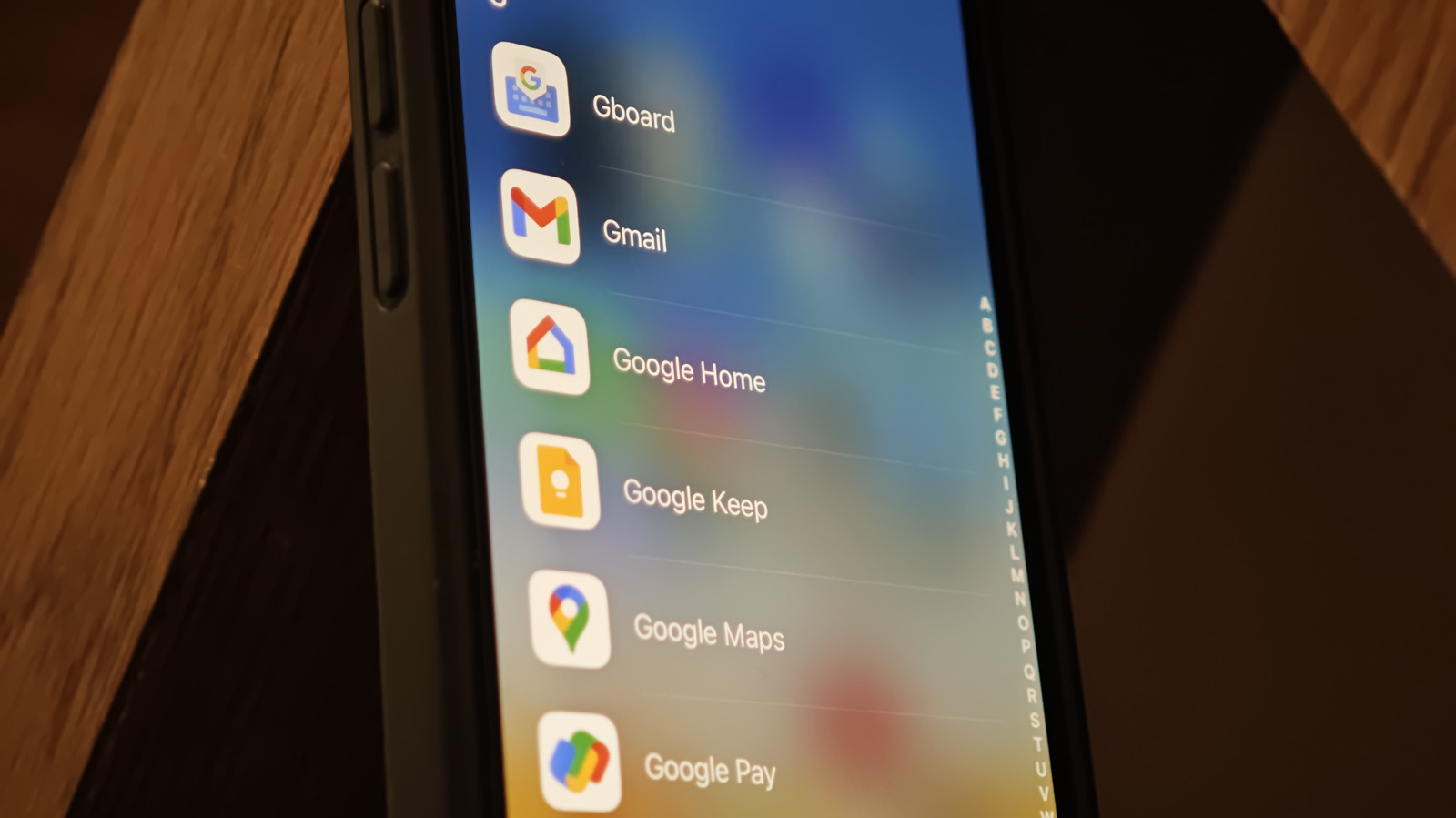












































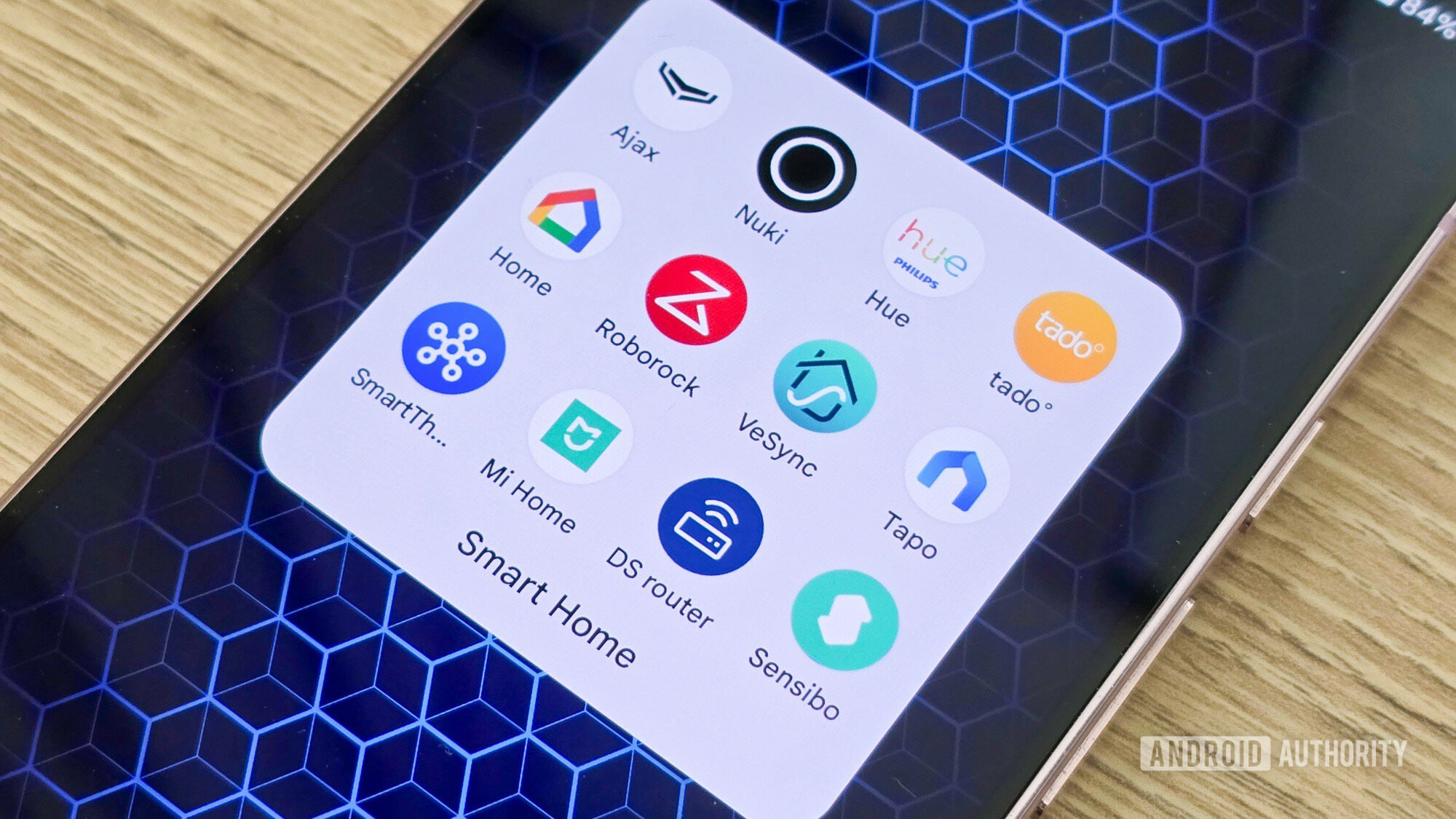

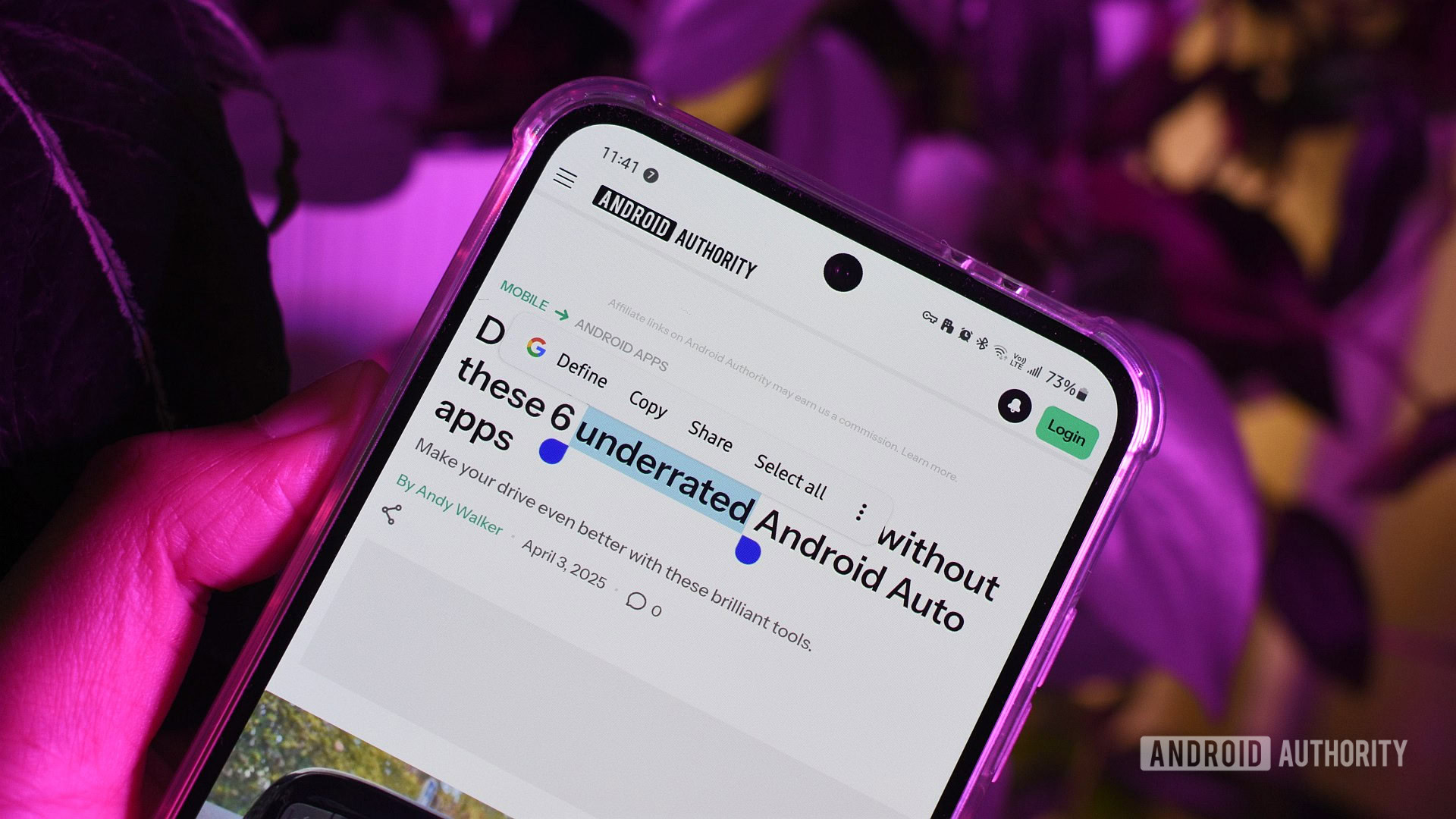





![What features do you get with Gemini Advanced? [April 2025]](https://i0.wp.com/9to5google.com/wp-content/uploads/sites/4/2024/02/gemini-advanced-cover.jpg?resize=1200%2C628&quality=82&strip=all&ssl=1)













![Apple Shares Official Trailer for 'Long Way Home' Starring Ewan McGregor and Charley Boorman [Video]](https://www.iclarified.com/images/news/97069/97069/97069-640.jpg)
![Apple Watch Series 10 Back On Sale for $299! [Lowest Price Ever]](https://www.iclarified.com/images/news/96657/96657/96657-640.jpg)
![EU Postpones Apple App Store Fines Amid Tariff Negotiations [Report]](https://www.iclarified.com/images/news/97068/97068/97068-640.jpg)
![Apple Slips to Fifth in China's Smartphone Market with 9% Decline [Report]](https://www.iclarified.com/images/news/97065/97065/97065-640.jpg)











































































